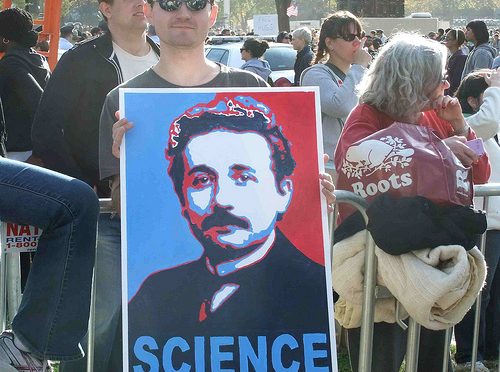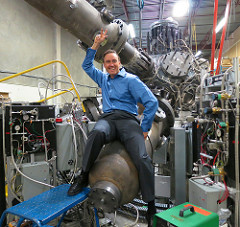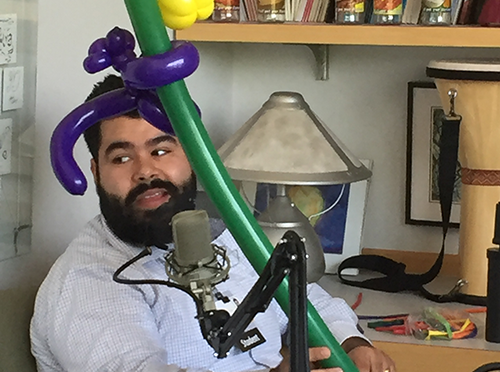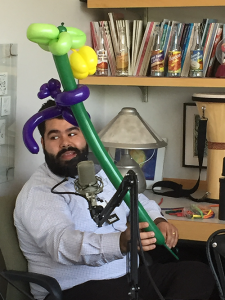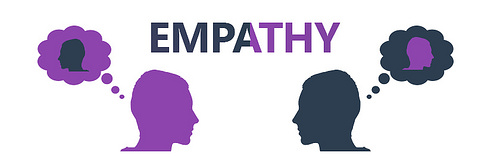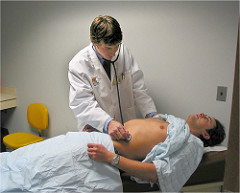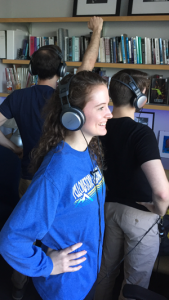Podcast: Play in new window | Download (Duration: 41:35 — 57.1MB)
Subscribe: Spotify | RSS | More
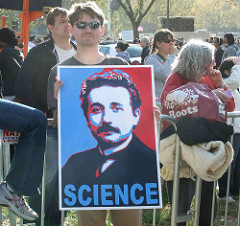

Among the topics we Short Coats often ruminate on is the lack of basic science literacy in the public and press…and among politicians. How did we get to this place when science is so mistrusted? So Kelsy Adler, Levi Endelman, Lisa Wehr, Marc Toral, and Laura Quast were excited to talk with someone who is doing something about it. Shaughnessy Naughton is the founder of 314 Action, an organization that seeks to address dearth of science knowledge among politicians directly by encouraging and financing the election of people with STEM backgrounds to public office at all levels. Shaughnessy Naughton is a chemist by trade and the founder of 314 Action, which “champions electing more leaders to the U.S. Senate, House, State Executive and Legislative offices who come from STEM backgrounds.” The organization seeks to change politicians’ active resistance to the acquisition of data on things like gun violence and climate change, and push back on ignorance of the evidence that already exists on topics like vaccinations and evolution. Among the challenges they face is the perception that science is above politics; the task of creating and financing a network of donors and supporters; and understanding and effectively countering the career politician’s bias toward certainty instead of nuance. They’re also addressing the need for training people of science to move beyond simple advocacy so that they can engage with the political process and change the system’s anti-science biases from within. Listeners, share your thoughts with us each week. Call us at 347-SHORTCT any time, and see our Facebook page for occasional Live shows in which you can participate.
Continue reading 314 Action: Encouraging People of Science to Make the Leap into Politics

